General Education Program Learning Outcomes
The General Education (GE) Requirements, codified in University systems by designations attached to courses, together form a GE Curriculum that meets University and state standards. This curriculum includes:
-
GE Core- Lower-division Math, Writing, and American Institutions.
-
GE Breadth areas- Fine Arts, Humanities, Life Science, Physical Science, and Social and Behavioral Science.
The General Education Curriculum Committee assesses this curriculum in accordance with the expectations of our accrediting body, the Northwest Commission on Colleges and Universities (NWCCU), using five General Education Program Learning Outcomes (GELOs) derived from the University's Exceptional Education Experience (E3) Framework. Each course carrying a GE designation is aligned with one of the five GELOs and demonstrates it meets the criteria for the selected GELO through an assignment chosen by the instructor. This page describes each GELO and the criteria and rubric used to embed them in GE courses.
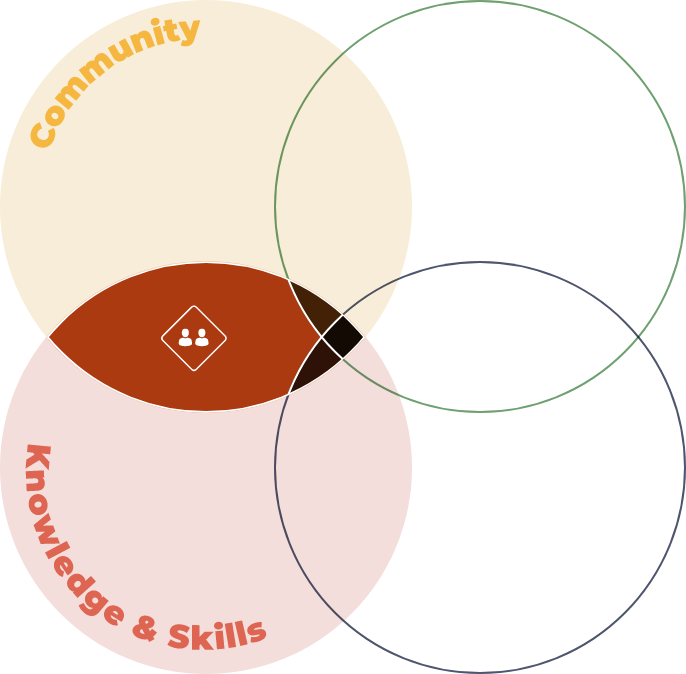
Collaborate Effectively
- Communicate effectively with people from diverse backgrounds.
- Incorporate ideas from many diverse lived experiences.
- Develop effective teamwork behaviors and attitudes.
- Navigate conflict productively.
Courses with this learning outcome target the collaborative skills necessary to work and live effectively in a community of people who have different backgrounds, experiences, perspectives, and beliefs.
Reason & Act Ethically
- Develop a personal ethical code of conduct.
- Apply a personal ethical code to different situations.
- Reflect on how ethical codes apply to global issues.
- Reflect on how ethical codes apply to community-based issues.
Courses with this learning outcome provide opportunities to grapple with the ethical dimensions of problem solving and action.
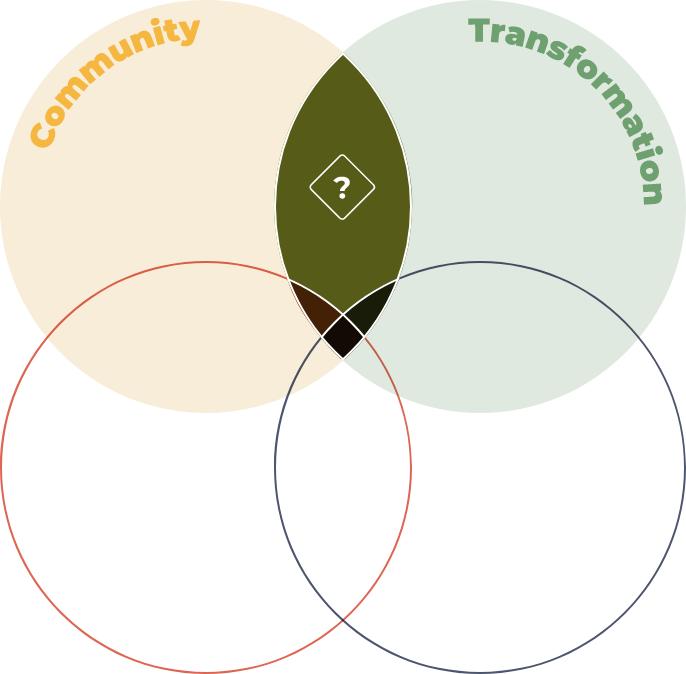
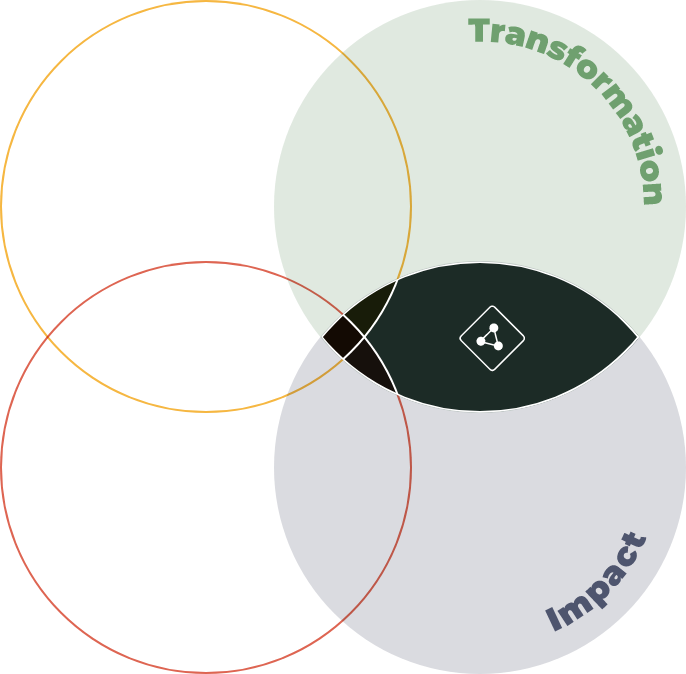
Respond Creatively
- Consider broader contexts in responding to opportunities.
- Explore and create multidimensional approaches to respond to opportunities.
- Explore connections with other aspects or opportunities.
- Design innovative responses with broad application.
Courses with this learning outcome focus on opportunities to explore, create, engage, and transform.
Persist in Addressing Complex Problems
- Develop strategies for persistence.
- Respond productively to setbacks, errors, and failures.
- Create processes that lead to effective problem solving.
- Develop a broad system of people and resources to support creative problem solving.
Courses with this learning outcome focus on developing the capacity to persist and remain engaged in complex problems, especially when an immediate solution seems elusive.
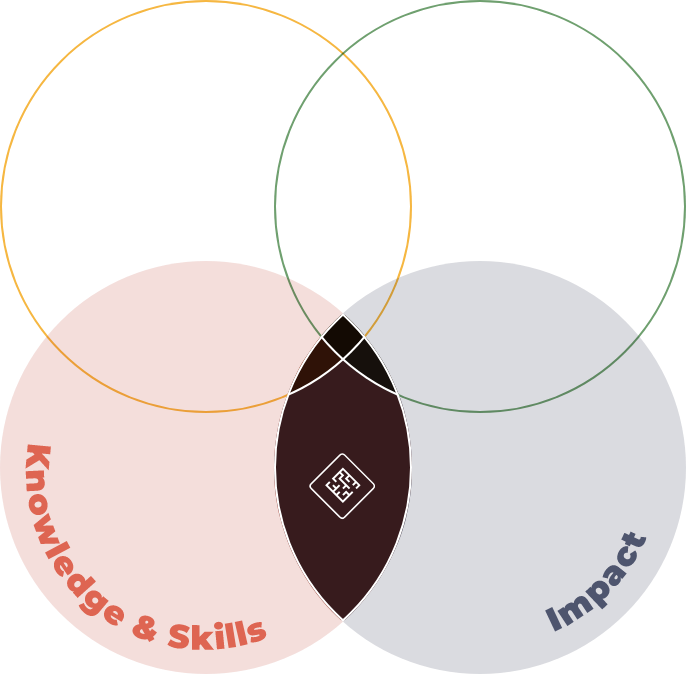
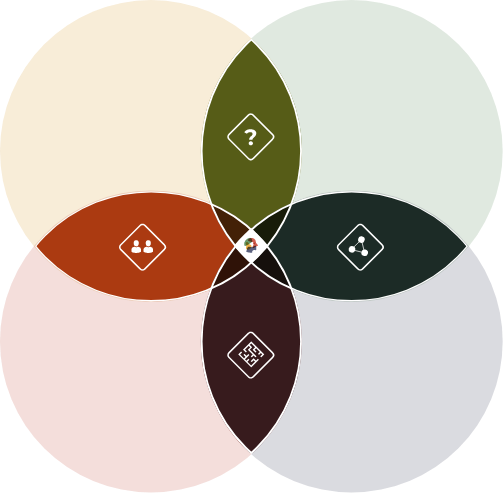
Actualize and Contribute
- Build on personal experiences in academic and other systems in navigating challenging situations.
- Expand personal capacity to guide one’s own learning in academic and other systems.
- Incorporate systems thinking to navigate complexity and interdependence.
- Advocate for human actions that drive systemic changes toward equity.
Courses with this learning outcome focus on growth, personal development and peak experiences.
